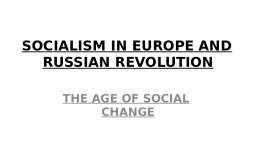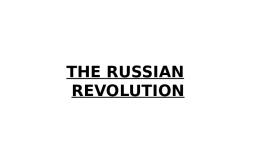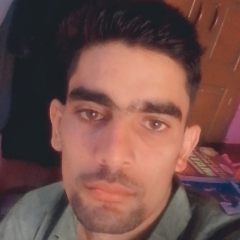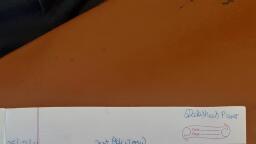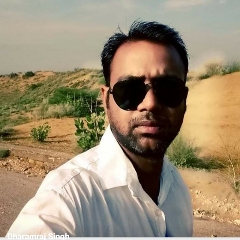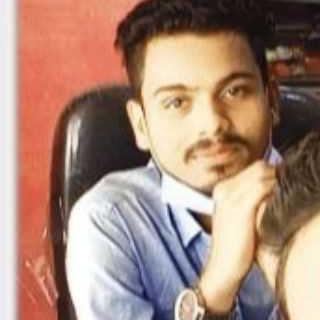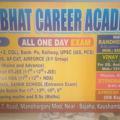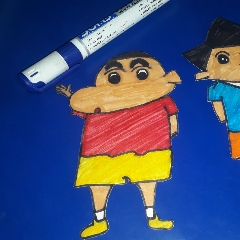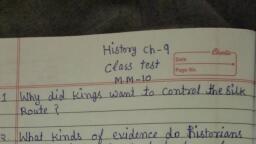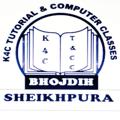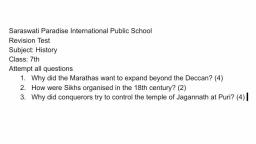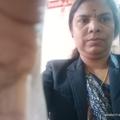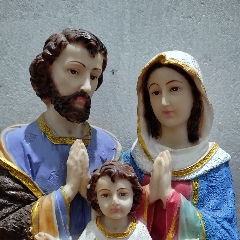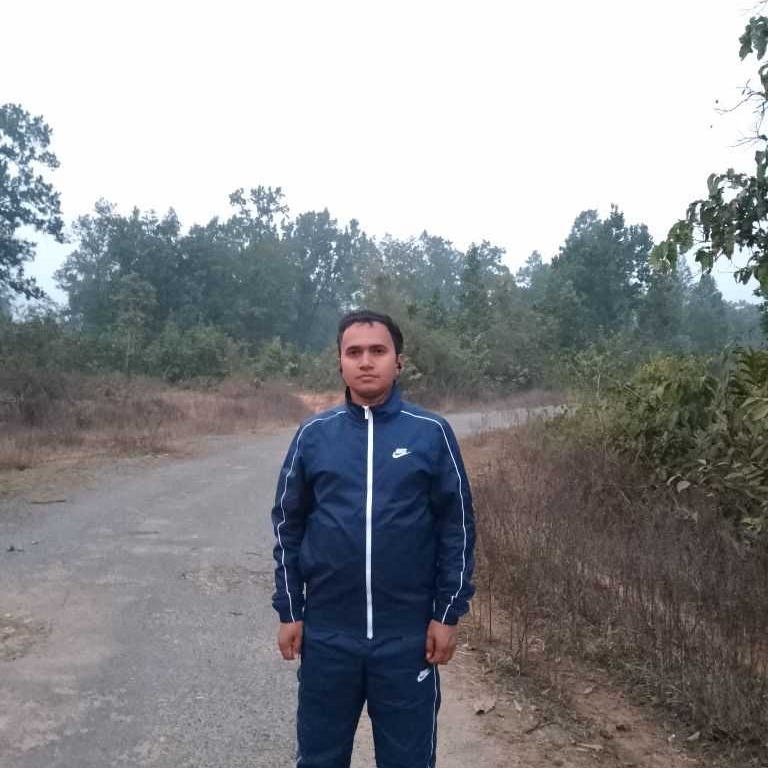Question 2 :
Following the French revolution in 1789, whothought of liberty as 'happiness, reason, equality,justice' as against the view of Robespierre thatliberty is a war against tyranny.
Question 3 :
During the Reign of Terror, the new government issued laws ordering the closure of women's clubs and banning their political activities. This was a peaceful revolution because the king left town and escaped to France.The passage refers to two revolutions. Which were those ?
Question 5 :
What did the winged woman as a political symbolduring the days of the French revolution signify?
Question 8 :
Which of the following period is referred to as the reign of terror ?
Question 9 :
Through whose writings did the people find an expressionto their feelings in France ?
Question 11 :
Who was the last monarch of France before the French revolution?<br>
Question 12 :
Who stormed the Bastille, the fortress prison during the last years of 18th century? <br>
Question 14 :
The revolutionary journalist Jean-Paul Marat published the newspaper L 'Ami du peuple, which means ___________.
Question 16 :
Given below are some statements<br/>a. Active citizens, under the Constitution of 1791, in France constituted four million in a population of 28 million<br/>b. The February Revolution of 1971 introduced the socialist government in Russia<br/>c. Lenin, Trotsky and Kerensky were friends in the Bolshevik revolution<br/>Which of these statements are true ?
Question 17 :
The members of Jacobian Club forcefully entered which Palace and held the king as a hostage?<br/>
Question 19 :
Louis XVI and Marie Antoinette were sentenced to death in _____.
Question 20 :
In France, the powers were separated and assigned to ______ different institutions.
Question 21 :
The French Constitution of _____ gave political rights only to the richer sections of the society.
Question 22 :
Peasants were about ______ of the total population during French Revolution.
Question 26 :
What was the tax on salt that was paid by the French people called?
Question 27 :
Consider the following events related to the French Revolution and identify the correct chronological response from the options given thereafter: <br>A Convocation of Estates General <br>B Storming of the Bastille <br>C Peasant revolts in the countryside <br>D Third Estate forms National Assembly<br>
Question 29 :
Which of the following book was written by Jean Jacques Rousseau?
Question 30 :
 In which year the Estates-General was last convened before French Revolution?
Question 31 :
The aim of every political association is the _______ of the natural and inalienable rights of man.
Question 32 :
On which date did the members of the third estate assemble in the Versailles indoor tennis court?
Question 33 :
King Louis XVI entered into secret negotiations with the king of ______.
Question 36 :
The National Assembly completed the draft of the Constitution in ______.
Question 37 :
On which date did Louis XVI convene the meeting of the Estates-General?
Question 39 :
All of the following describe how Napoleon Bonaparte gained and maintained power in Europe except _____________________.<br/>
Question 40 :
______ and ______ rights meant that the rights belonged to each human being by birth and could not be taken away.<br/>
Question 42 :
______ consists of the freedom to do everything which does not causes injuries to others. <br/>
Question 43 :
Which of the following rights were not stated in the Declaration of Rights of Man and Citizen?<br/><br/>
Question 44 :
Through whose writings did the people find an expression to their feelings in France?


